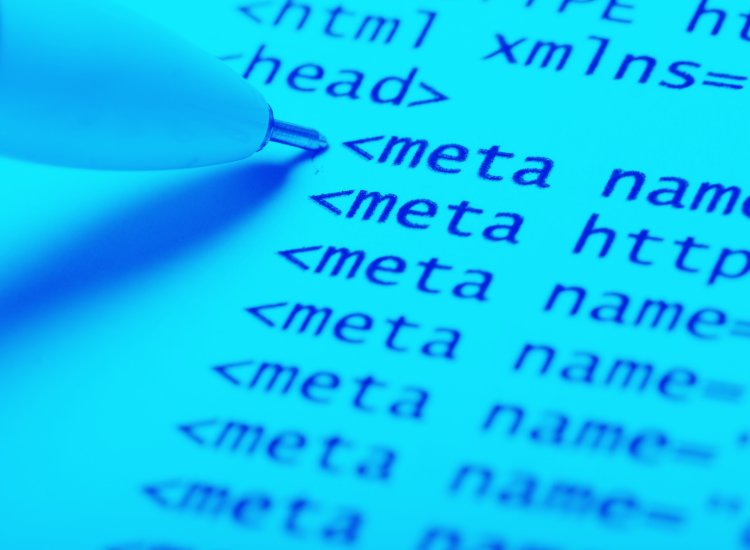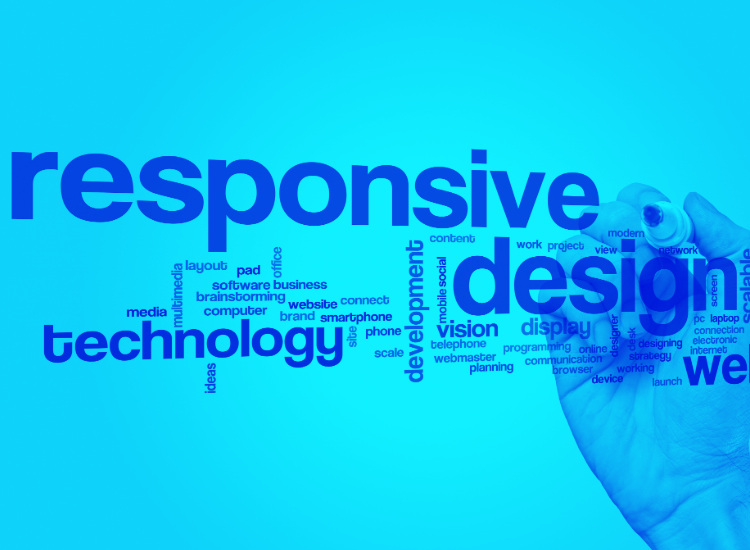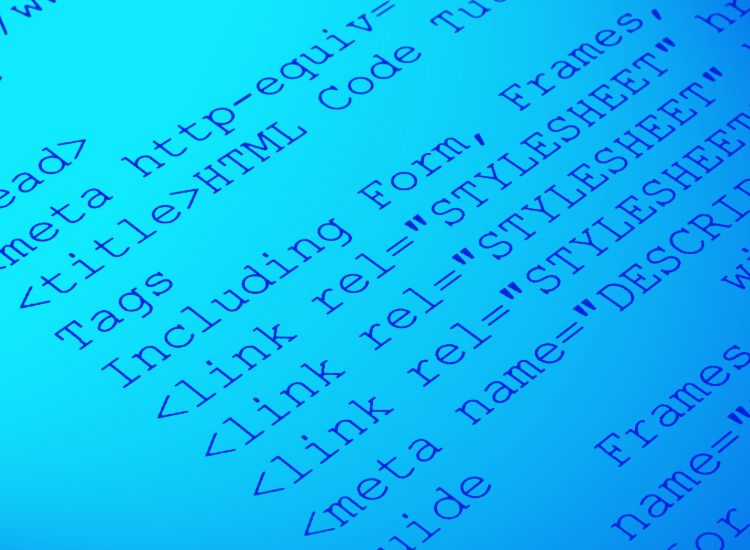The Enduring Relevance of PHP: A Language That Stands the Test of Time
By Creative Designs By CCW · March 16, 2024 ·Introduction:
In the ever-evolving landscape of web development, some technologies come and go like shooting stars, while others stand the test of time, shining brightly through the years. Among these steadfast luminaries is PHP (Hypertext Preprocessor), a server-side scripting language that has been powering the web since its inception in 1994. Despite the emergence of newer languages and frameworks, PHP continues to hold its ground and remains a cornerstone of modern web development. In this blog post, we'll explore why PHP remains relevant today and why it's still a top choice for building dynamic web applications.
Vast Ecosystem and Community Support:
One of PHP's greatest strengths is its extensive ecosystem of libraries, frameworks, and tools. From the ubiquitous WordPress to robust frameworks like Laravel and Symfony, PHP offers developers a wide array of options to suit various project requirements. This rich ecosystem is backed by a vibrant community of developers who actively contribute to its growth and maintenance. Whether you're a seasoned developer or a novice, there's no shortage of resources and support available within the PHP community.
Ease of Learning and Accessibility:
PHP's syntax is straightforward and easy to grasp, making it an ideal language for beginners to learn. Its C-like syntax is familiar to many developers, making the transition to PHP relatively seamless. Furthermore, PHP's low barrier to entry means that aspiring developers can start building dynamic web applications with minimal setup and configuration. With countless tutorials, documentation, and online resources available, mastering PHP has never been easier.
Performance and Scalability:
Contrary to popular misconceptions, modern PHP is highly performant and can handle heavy workloads with ease. Over the years, PHP has undergone significant optimizations, resulting in improved execution speeds and reduced memory consumption. With the advent of PHP 7 and later versions, performance has been further enhanced, thanks to features like the Zend Engine improvements and opcode caching. Additionally, PHP's scalability is demonstrated by its successful deployment in large-scale applications such as Facebook and Wikipedia, proving its capability to handle millions of requests per day.
Integration and Compatibility:
PHP seamlessly integrates with other technologies, making it an excellent choice for building versatile web applications. Whether you're working with databases like MySQL, PostgreSQL, or NoSQL solutions like MongoDB, PHP offers robust support and libraries for interfacing with various data storage systems. Moreover, PHP integrates effortlessly with web servers like Apache and Nginx, ensuring compatibility across different hosting environments. Its cross-platform nature allows developers to deploy PHP applications on Linux, Windows, macOS, and other operating systems without compatibility issues.
Continuous Development and Innovation:
Far from being stagnant, PHP continues to evolve with each new release, incorporating modern features and best practices. The PHP development team actively solicits feedback from the community and collaborates with developers worldwide to enhance the language's capabilities. Recent releases have introduced features like typed properties, arrow functions, and JIT (Just-In-Time) compilation, further improving PHP's performance, readability, and maintainability. With PHP 8 and beyond, the language continues to embrace modern development paradigms while preserving backward compatibility, ensuring a smooth upgrade path for existing projects.
Conclusion:
PHP's enduring relevance in the ever-changing landscape of web development is a testament to its adaptability, performance, and community support. As one of the most widely used server-side scripting languages, PHP empowers developers to build dynamic, scalable, and feature-rich web applications with ease. Whether you're a seasoned veteran or a newcomer to web development, PHP remains an indispensable tool in your arsenal, continuing to shape the digital world for years to come. So, the next time you embark on a web development journey, consider PHP—the language that stands the test of time.








